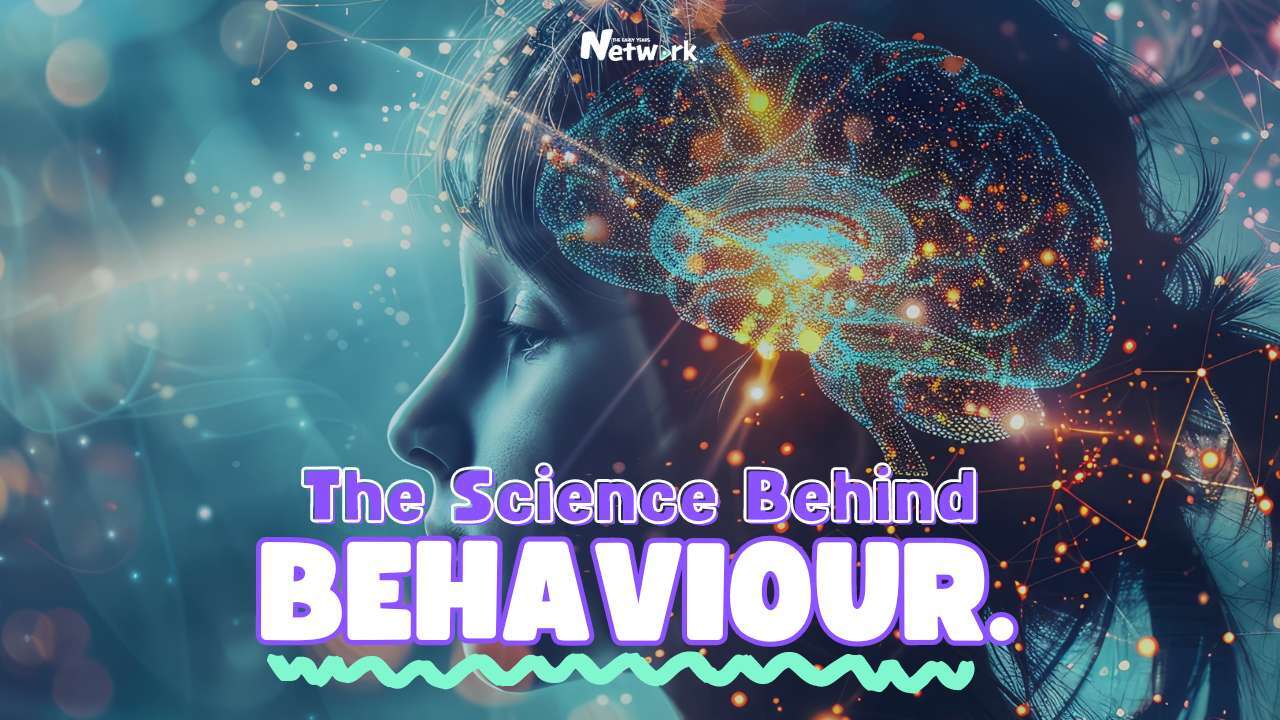
Unlock the secrets of early childhood brain development and the inner scientific 'why' behind children's emotions and behaviour.
This engaging class is designed for educators and caregivers who want to deepen their understanding of how young minds grow, adapt, and thrive. Dive into five captivating lessons that reveal the brain’s remarkable ability to manage the body’s resources, regulate emotions, and shape behaviours. Learn about the vital concepts of homeostasis and allostasis, and discover how the brain ensures that children’s bodies and minds are always ready for the challenges they face. Explore the fascinating world of interoception, where the brain’s intricate communication with the body plays a key role in maintaining balance and driving emotional experiences. Understand how the brain’s predictive nature influences how children perceive and react to the world around them, and gain insights into how you can create enriching environments that support positive development.
With "The Science Behind Behaviour" you’ll be equipped with the latest science-backed strategies to enhance emotional vocabulary, foster cognitive flexibility, and support behavioural regulation in young children. This class is not just a resource—it's a pathway to nurturing resilient, adaptive, and emotionally intelligent children, grounded in cutting-edge neuroscience. Join us on this journey of discovery and transform your approach to early childhood education with insights that will shape the future of the young minds you guide.
Skills you'll learn:
- Identify key brain regions and their roles in shaping behaviour and emotions
- Build a foundational understanding of the CNS to better support early childhood development
- Understand how the brain manages body resources through homeostasis and allostasis
- Grasp the concept of body budgeting and its role in maintaining vital functions
- Learn how interoception monitors internal states and influences emotions
- Recognise the brain’s predictive nature and its impact on behaviour and learning
- Apply neuroscience principles to enhance emotional vocabulary in children
- Foster conceptual learning by understanding the brain’s adaptive processes
- Support emotional and behavioural regulation with science-based strategies
- Utilise multi-sensory experiences to promote cognitive and perceptual development.




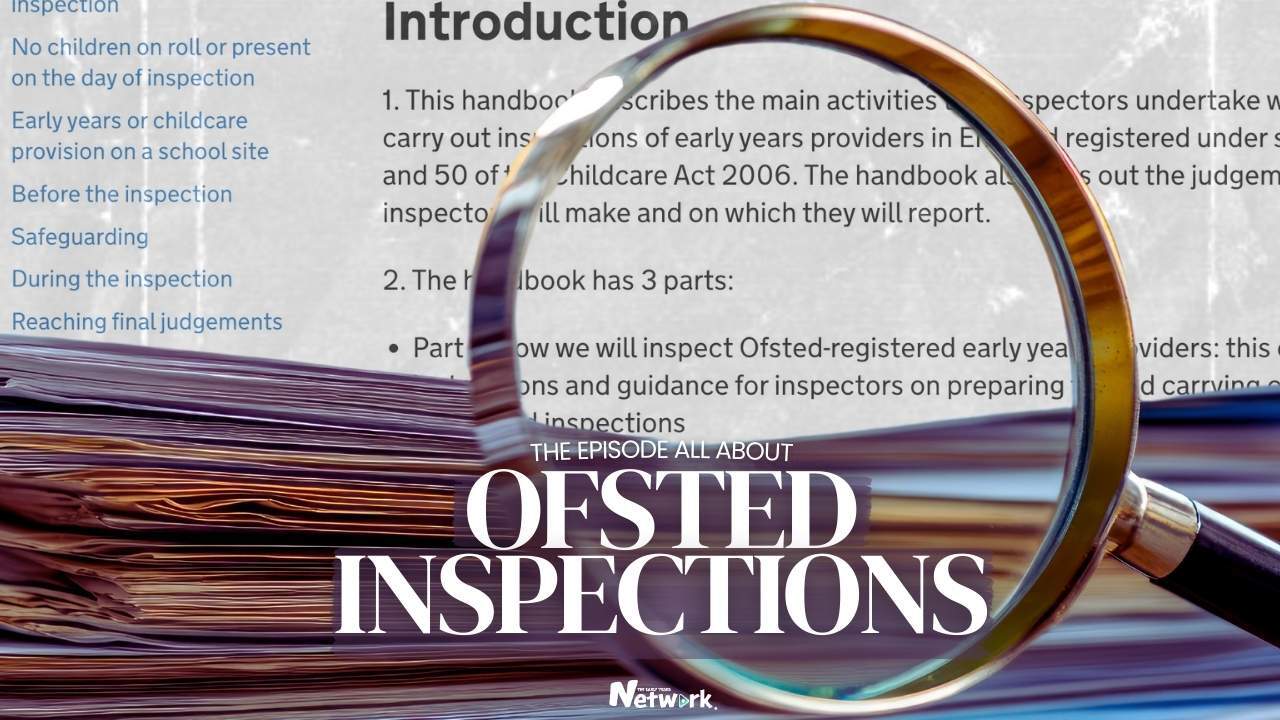

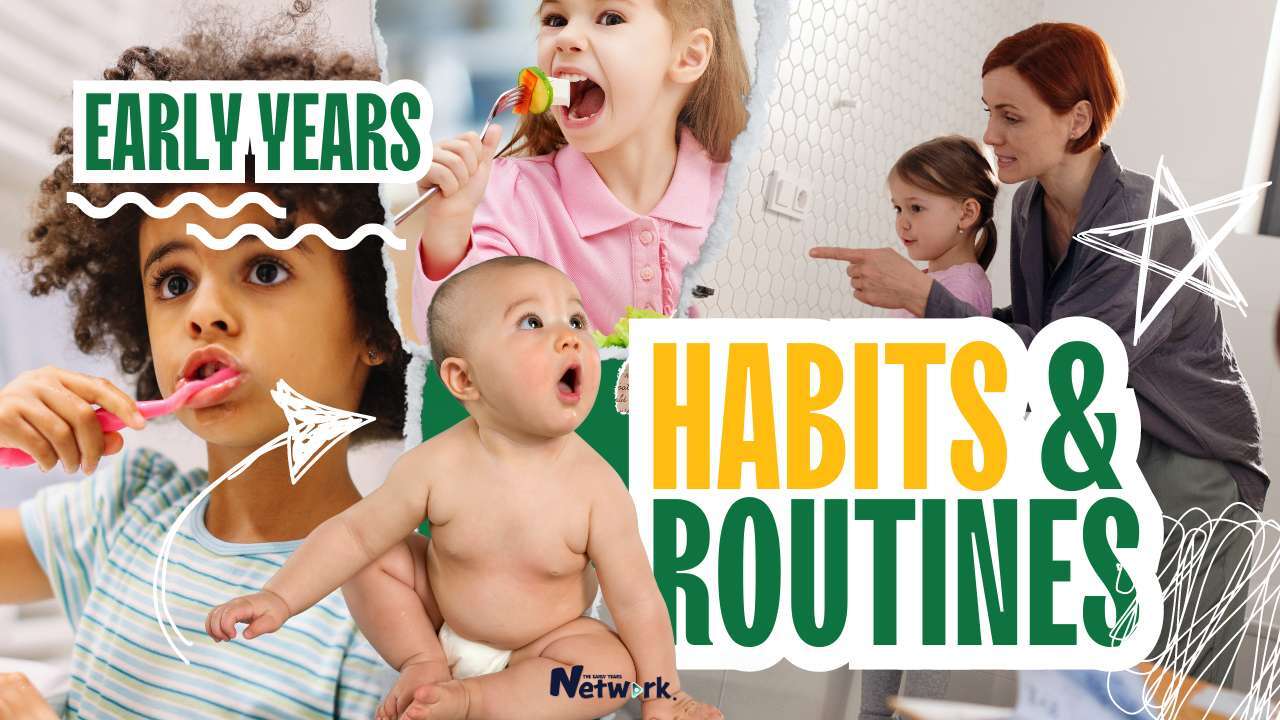

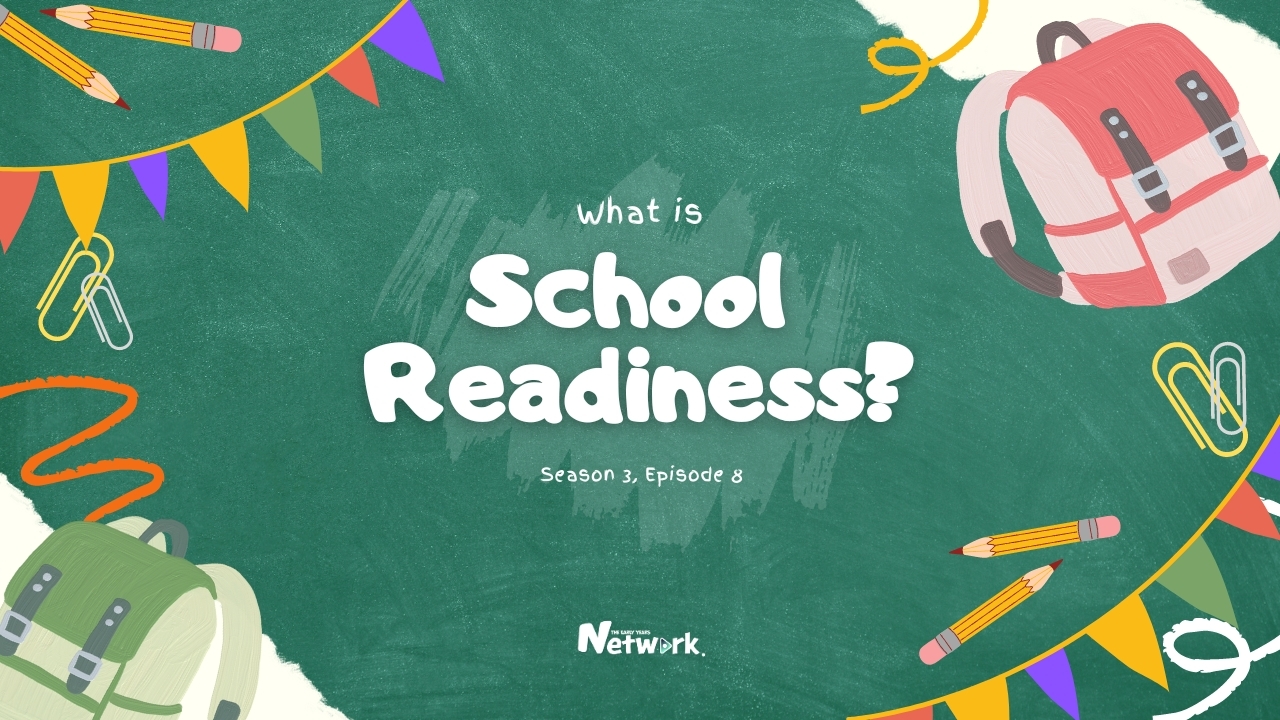

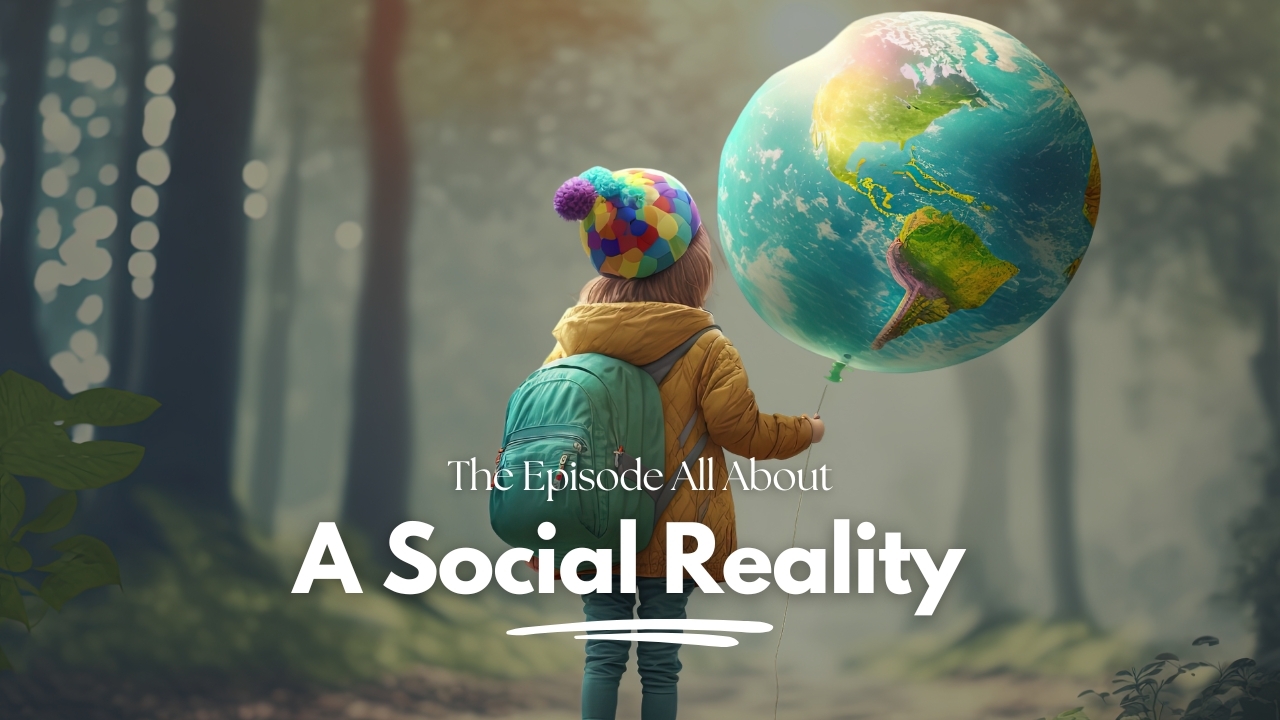
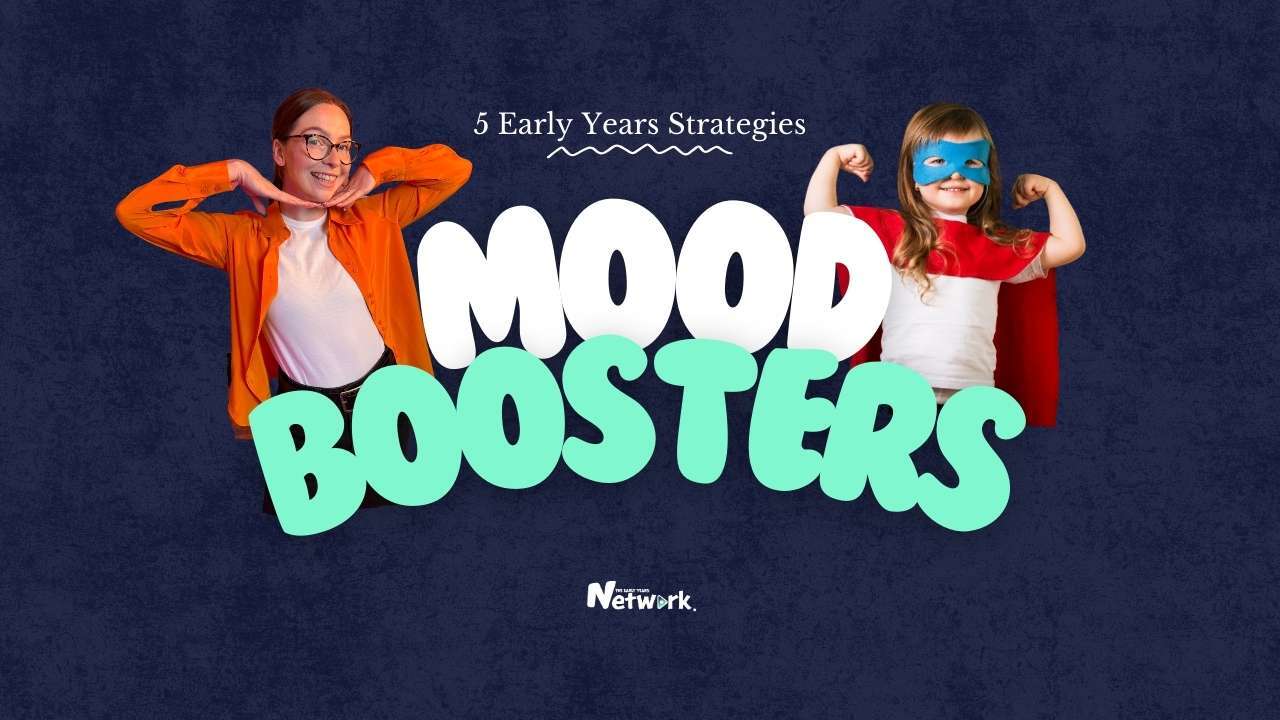


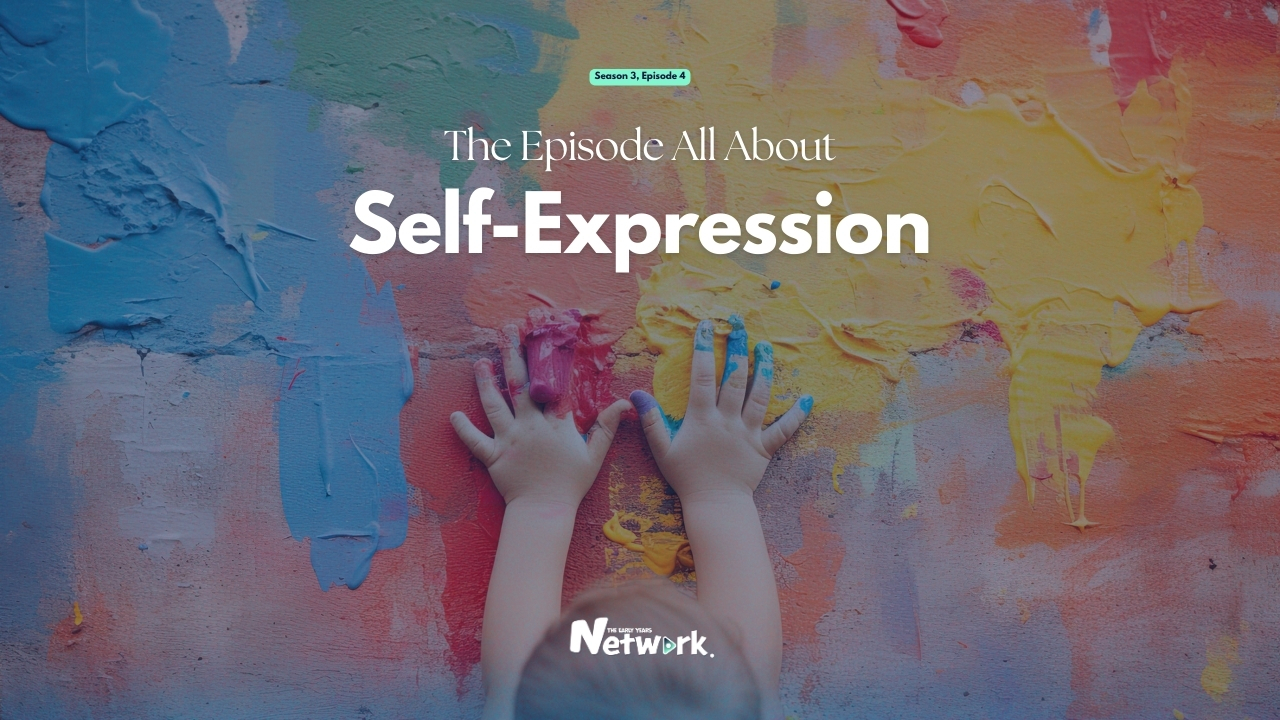
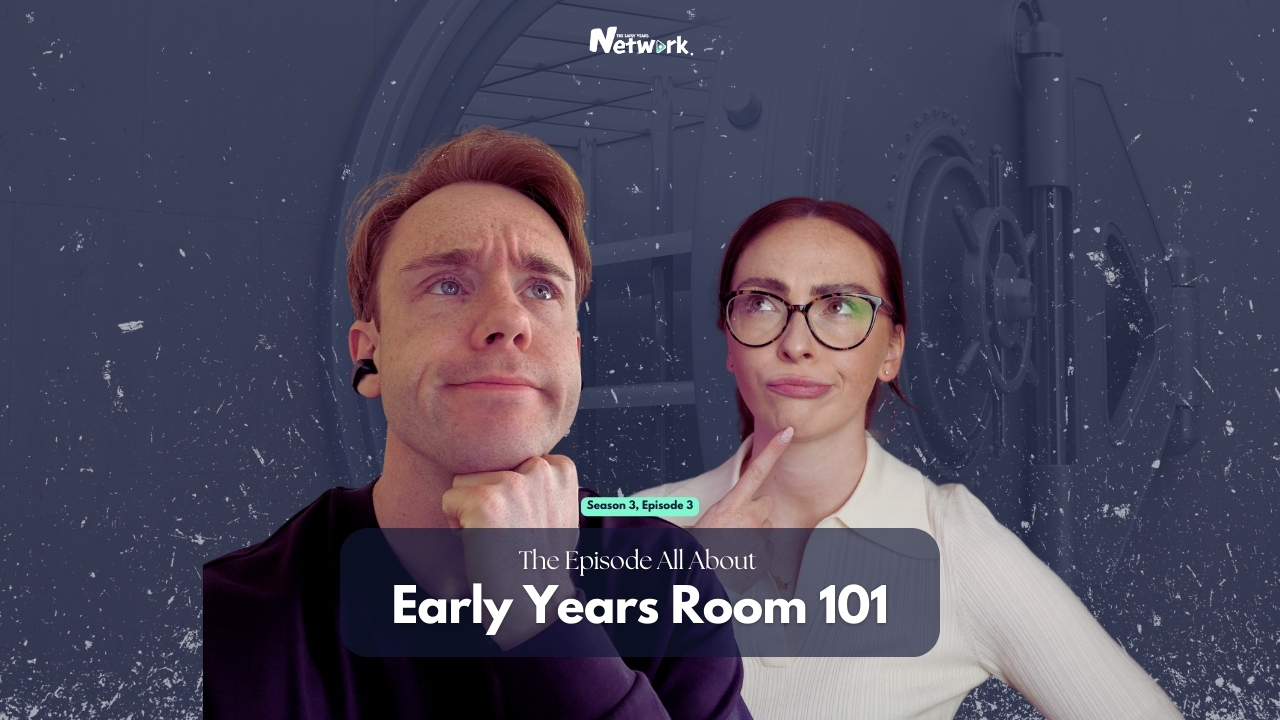

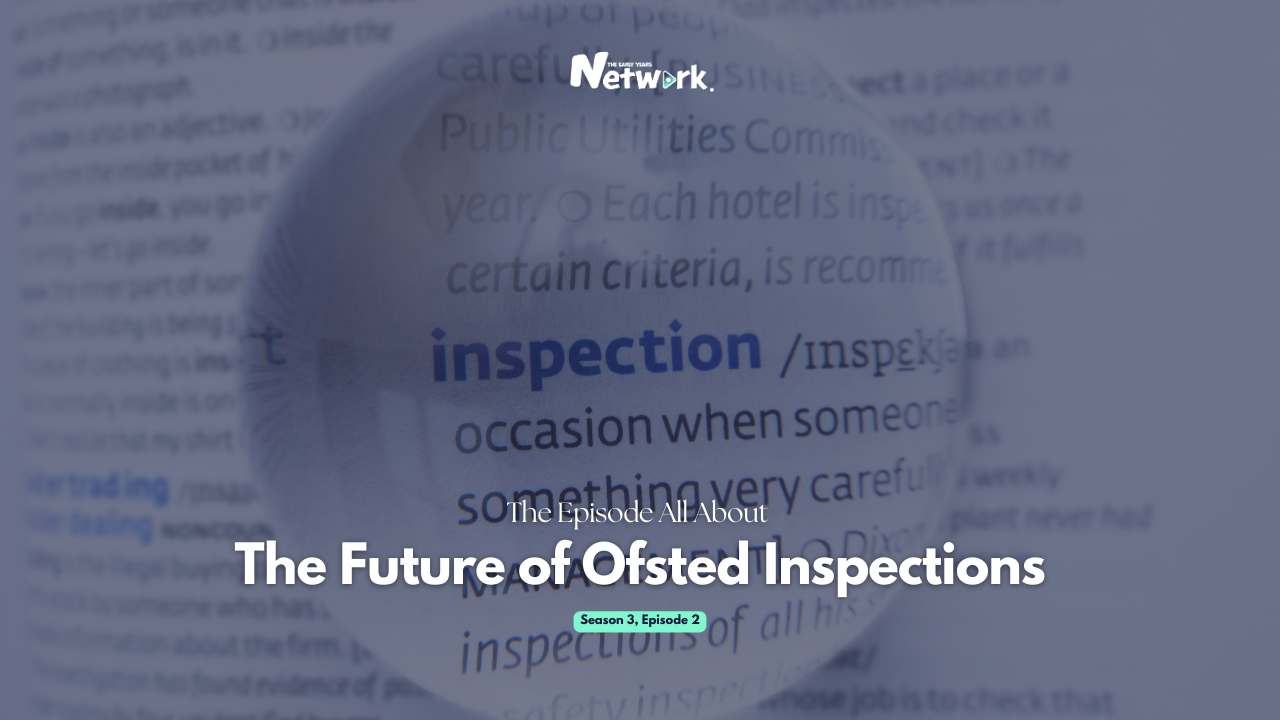



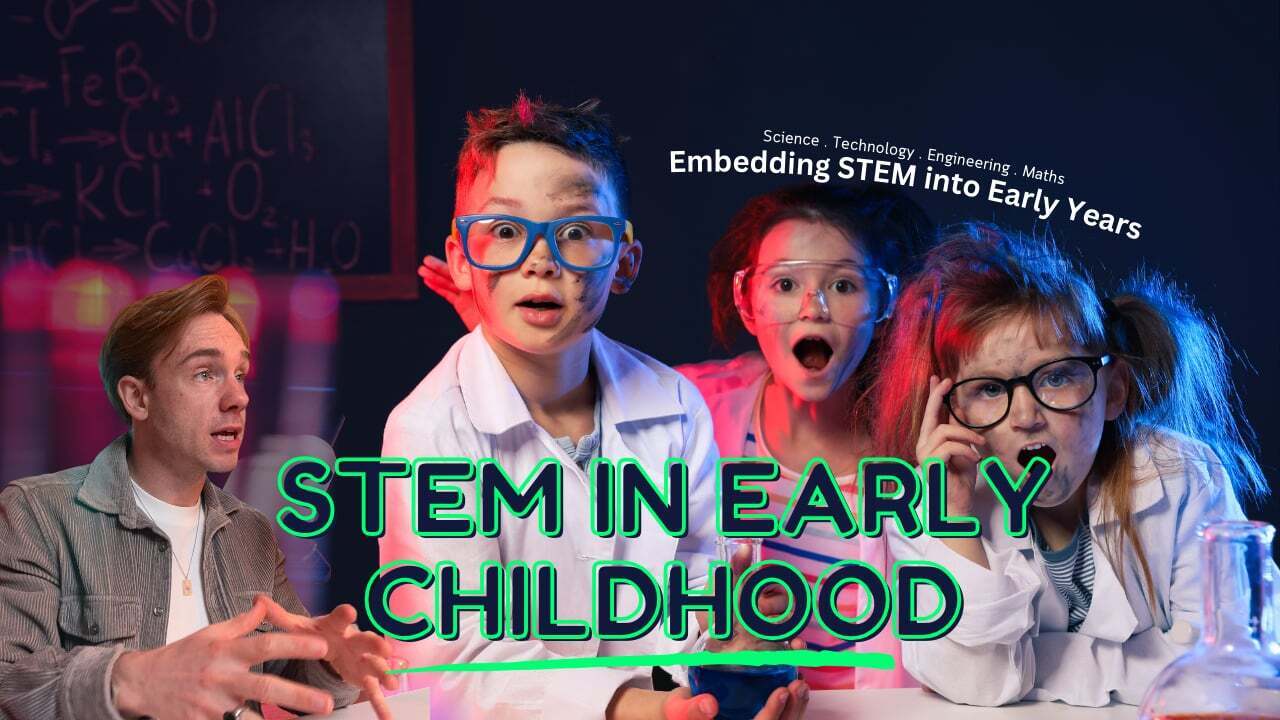



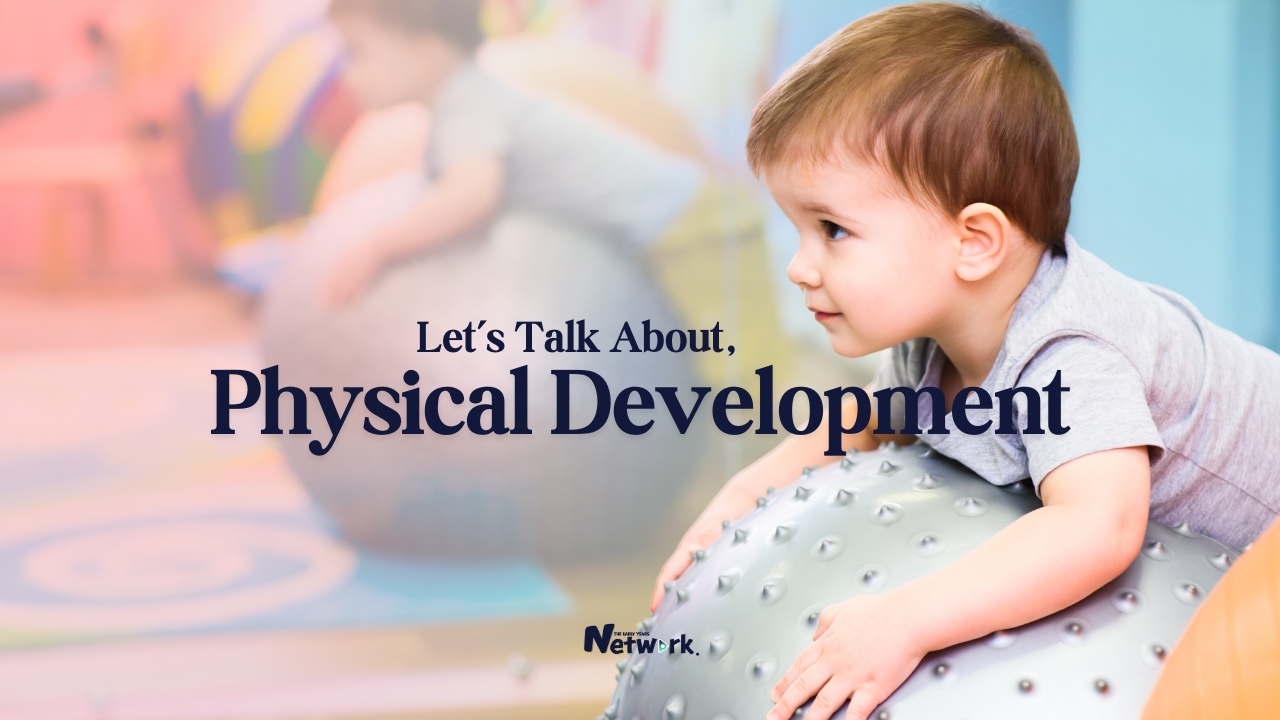
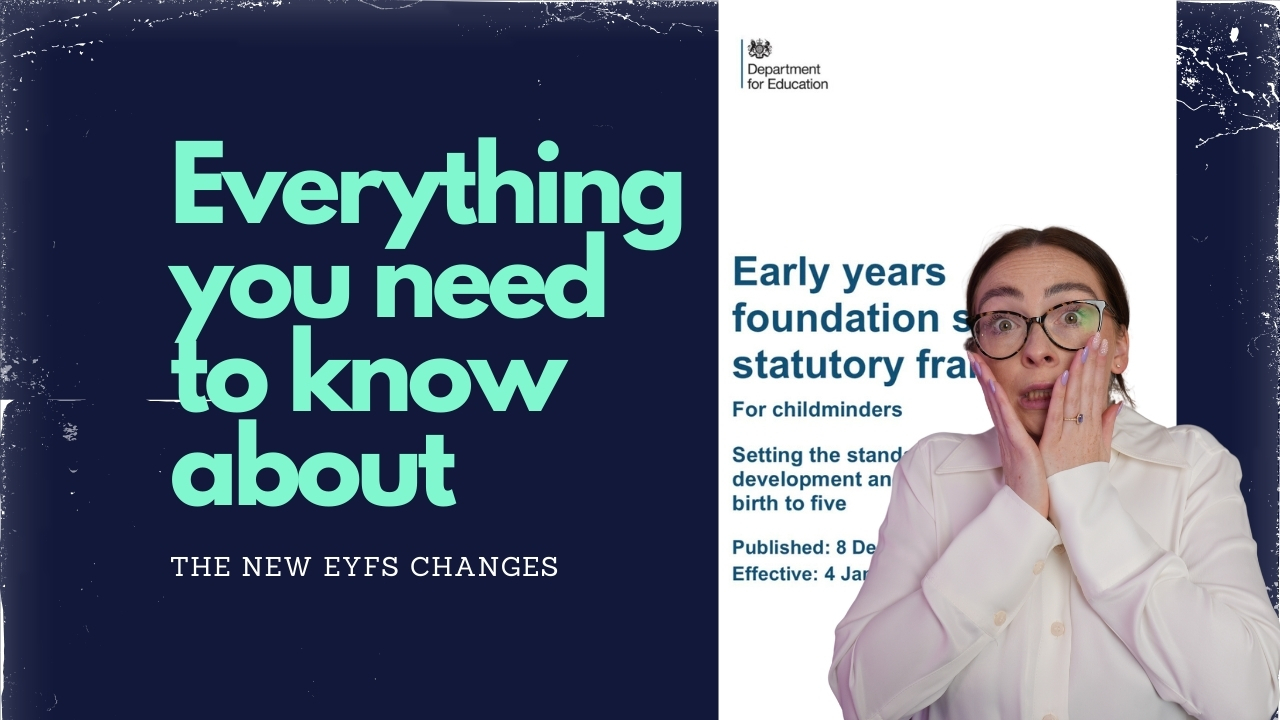



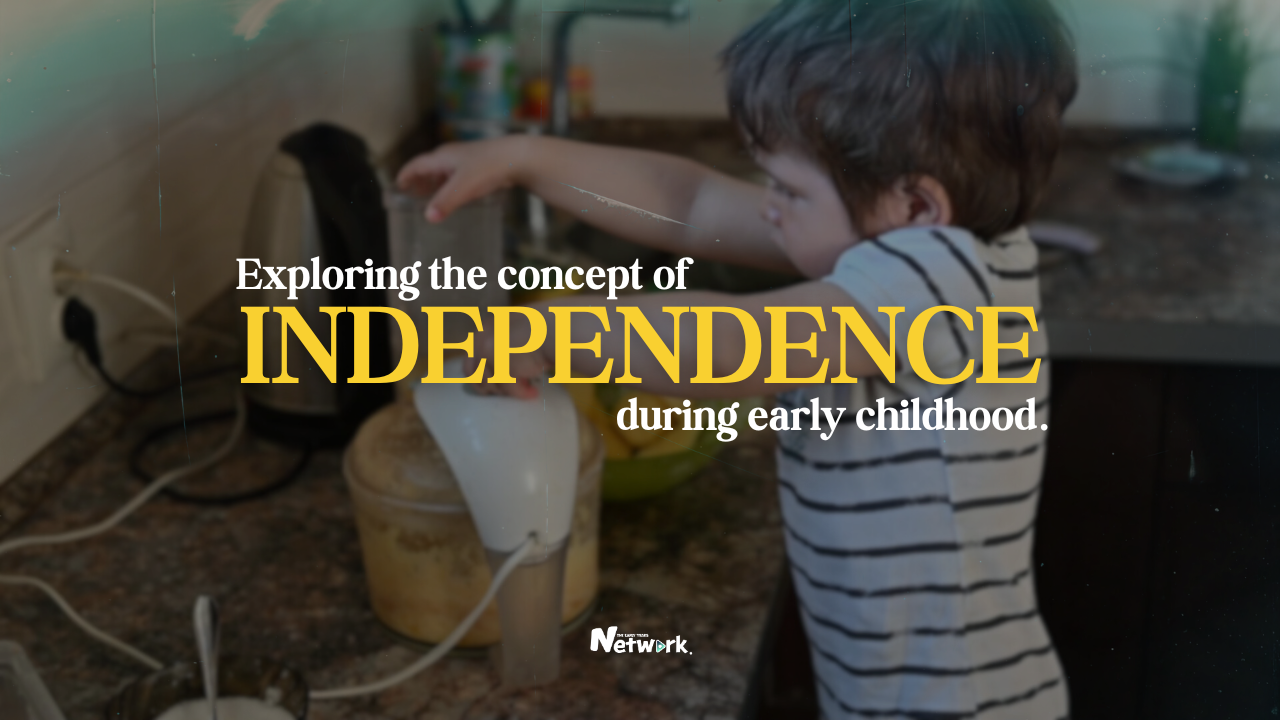
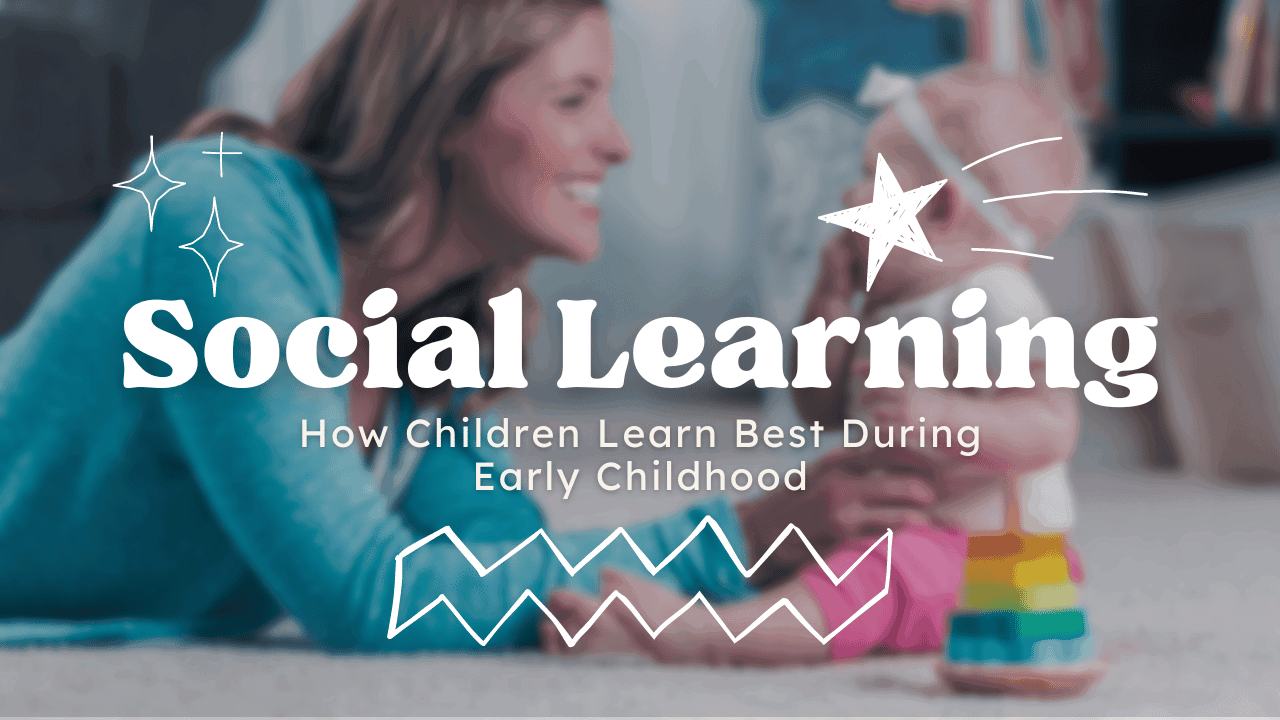


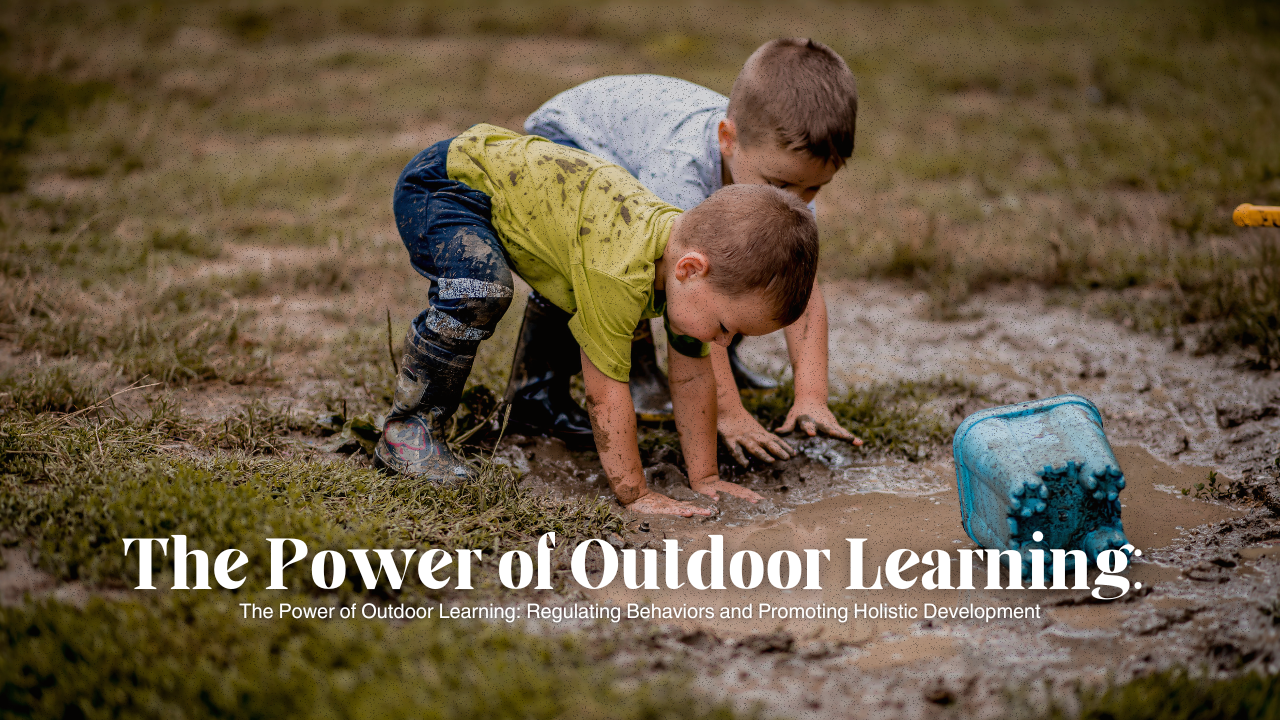
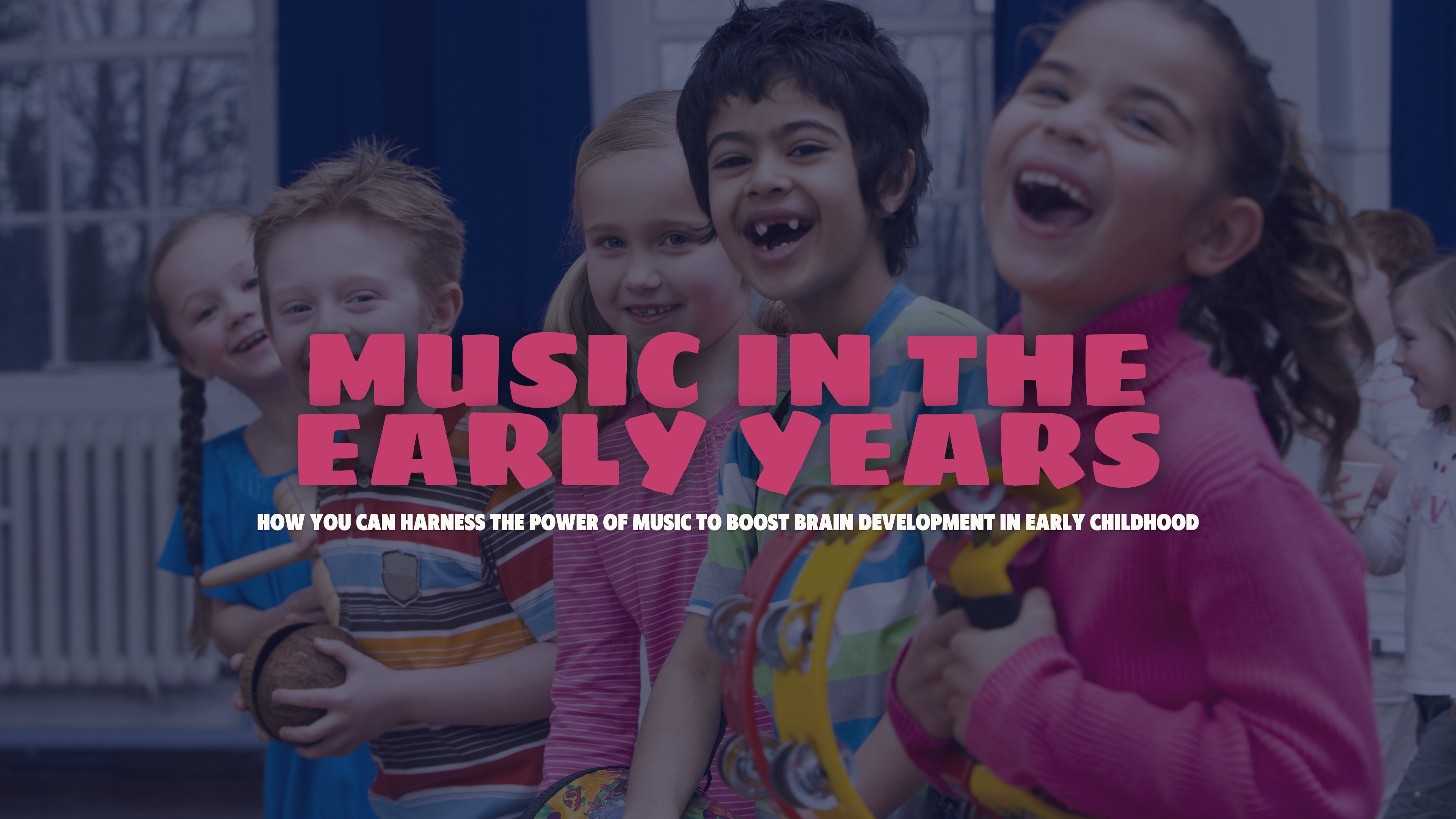
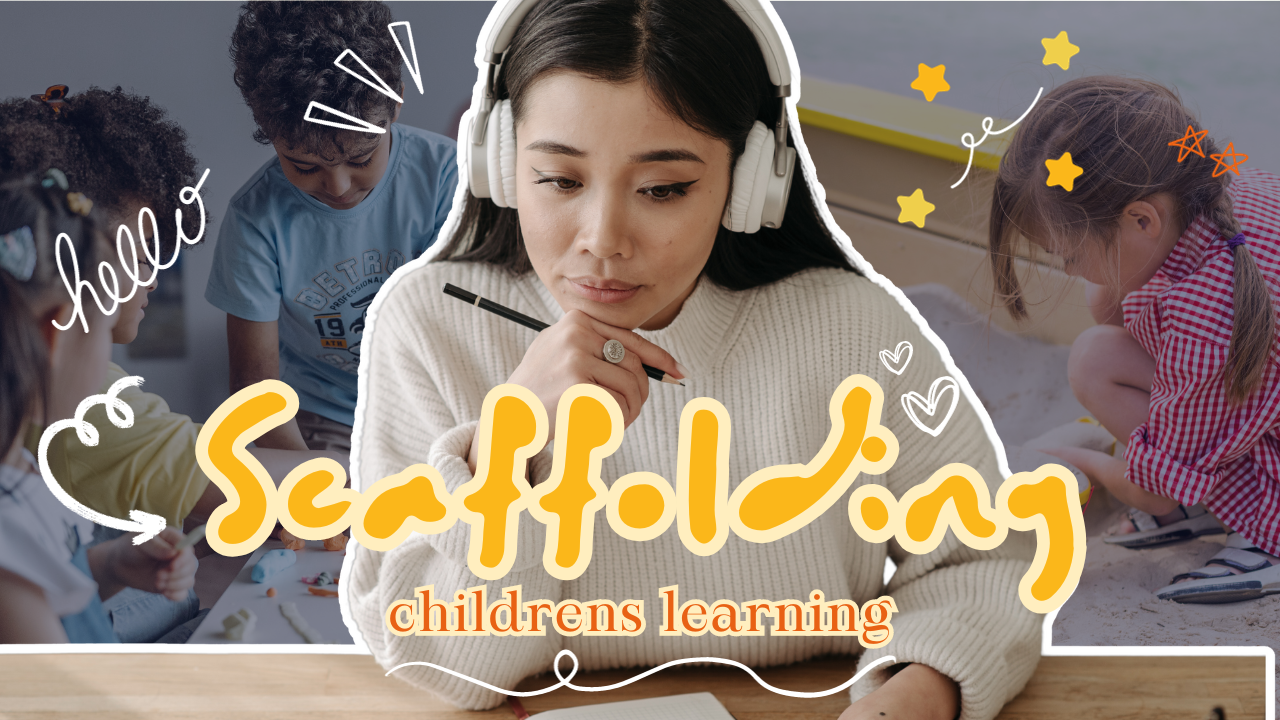
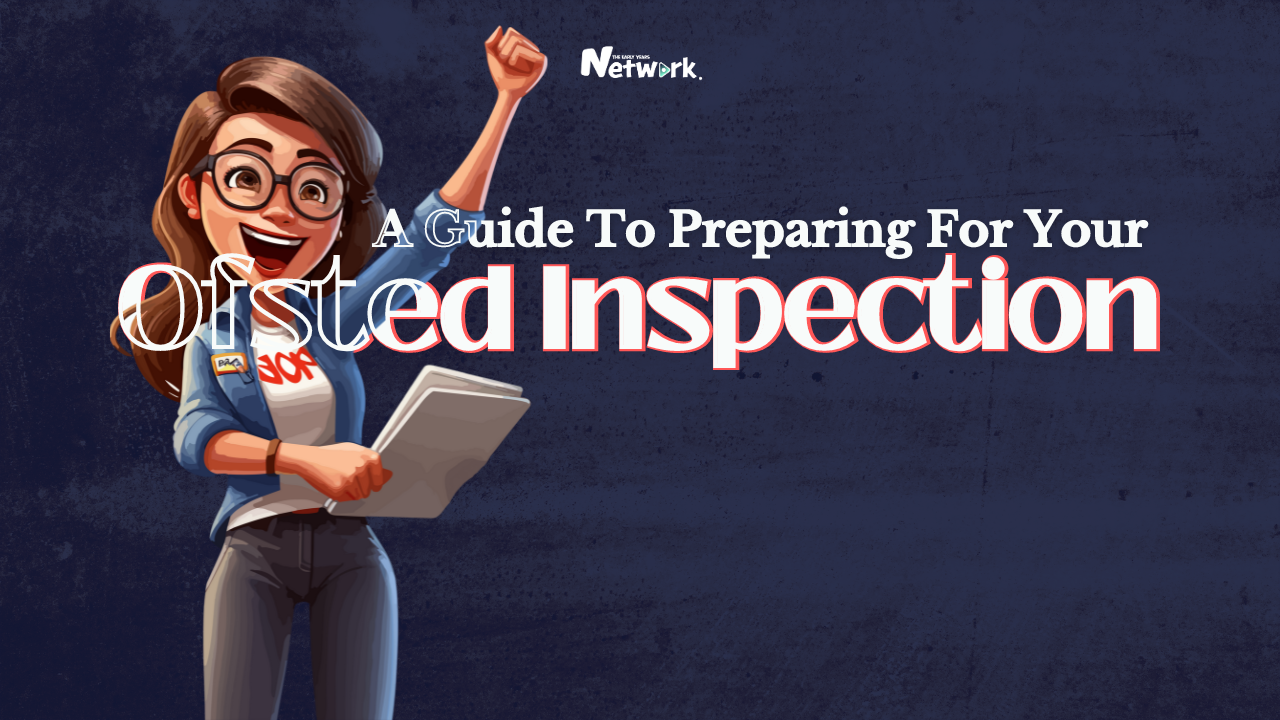
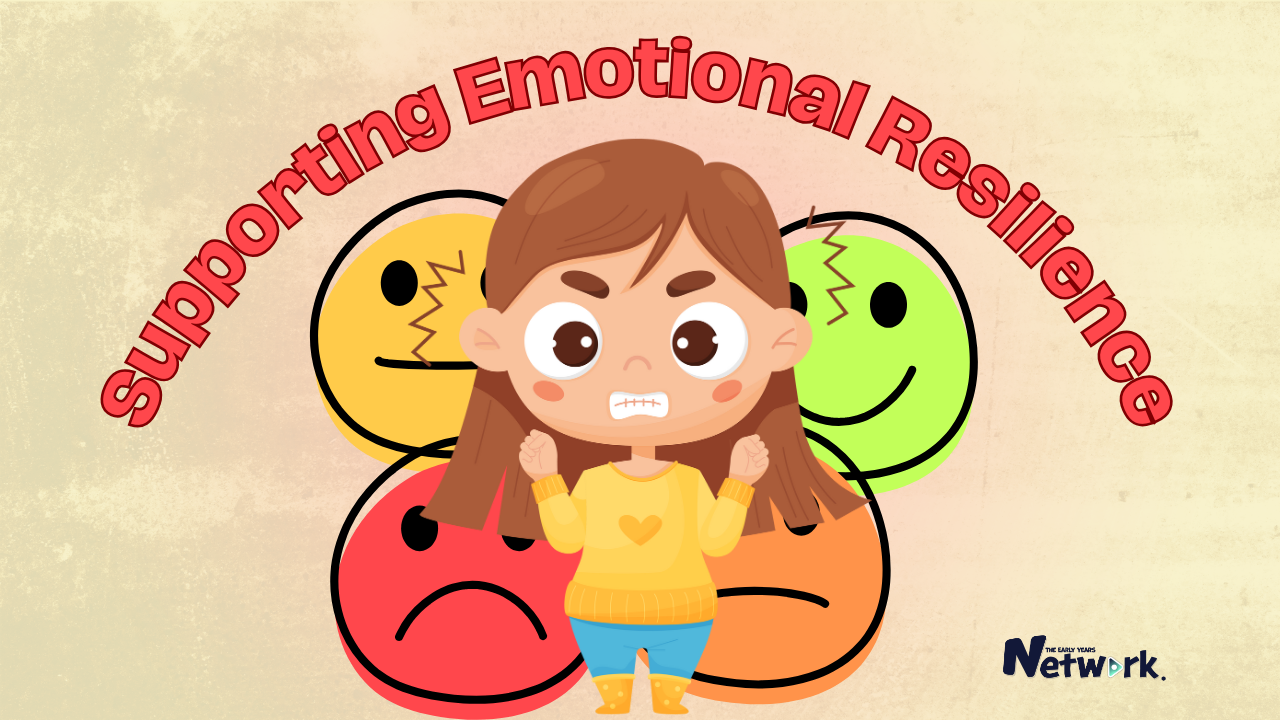
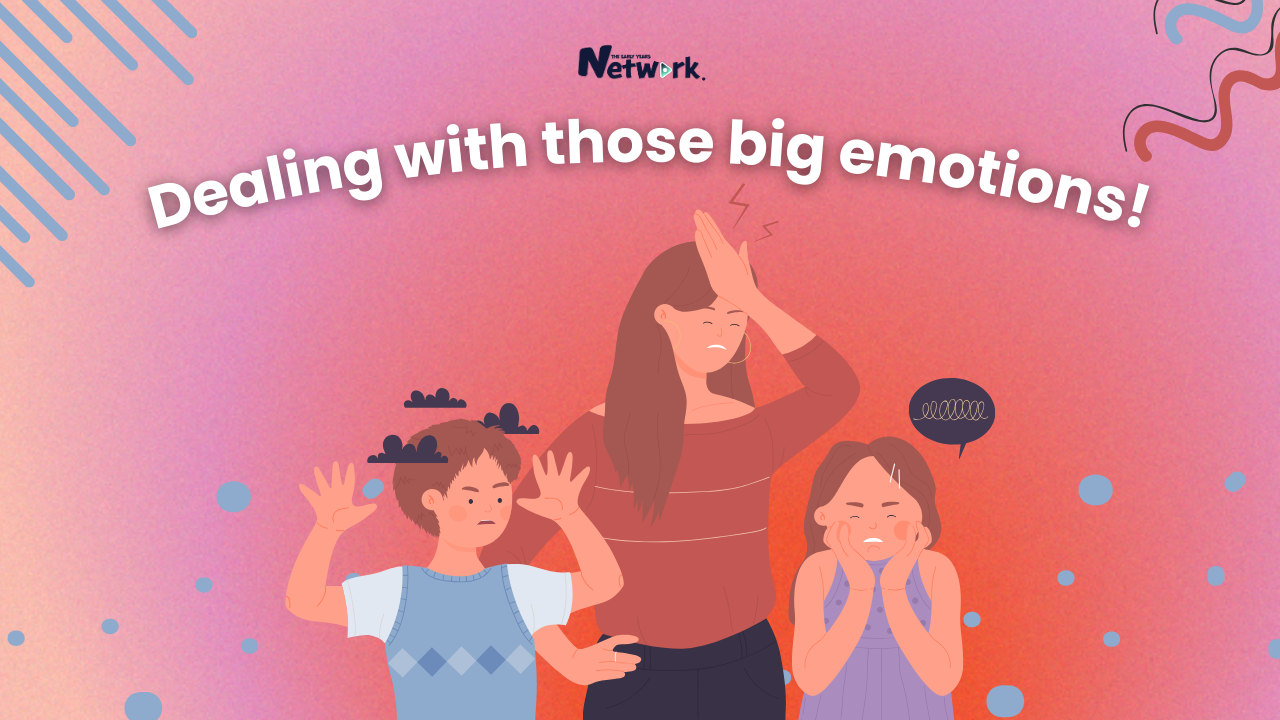
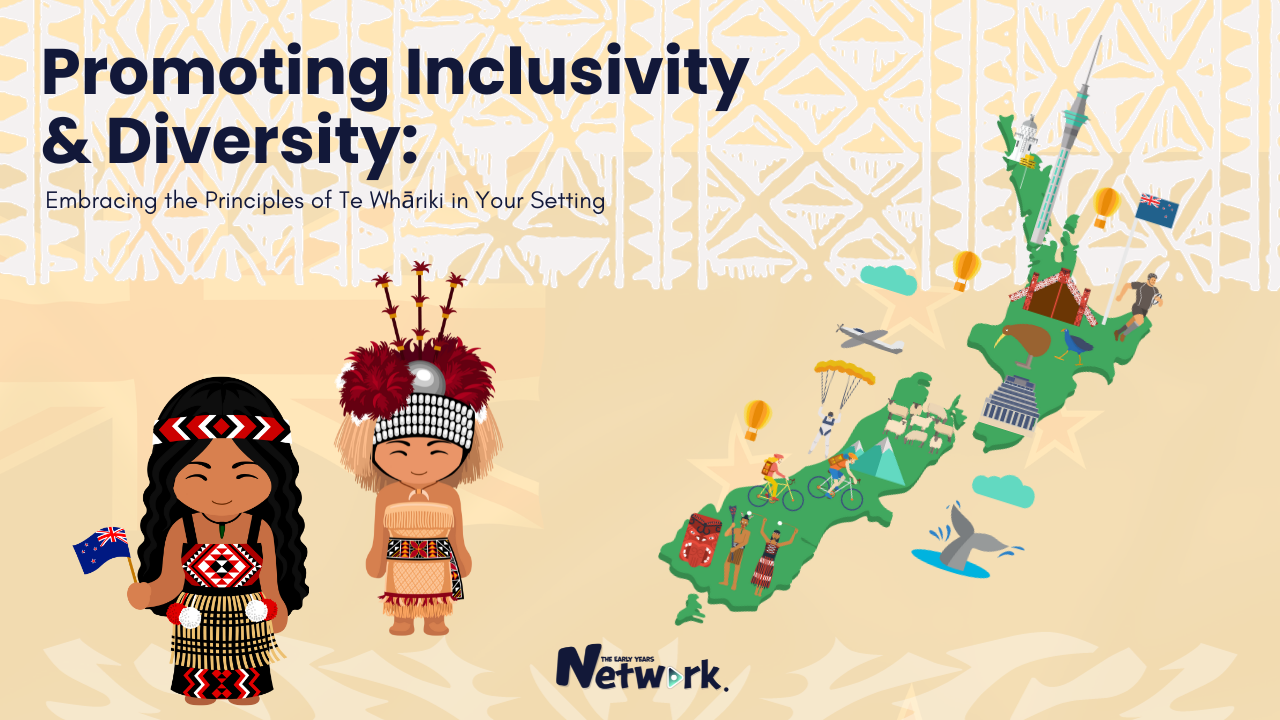
Comments 0
Leave a comment
Only your name will be published. Required fields are marked *